CBD and Novel Food in Poland
min. reading
The market for CBD products is not only for popular oils – cannabidiol is also an ingredient in food products, beverages or cosmetics. Their popularity is constantly growing, while manufacturers are outdoing themselves in coming up with new and interesting formulas. However, not everyone knows that products with CBD require a special procedure for marketing, as they are considered novel foods under EU regulations. What exactly does this mean? What exactly is novel food? For more information, check out this article.
Table of Contents
Superfoods in the context of Novel food
Today’s food market is very different from the one we knew 20, 30 or 40 years ago. It’s getting harder and harder to find truly homegrown products from small farmers, while more and more mass-produced foods with real food have little in common. Fortunately, healthy food is still present on the market. We are also seeing an increase in the importance of so-called functional foods, or superfoods, defined as products exceptionally rich in nutrients needed by humans, which are increasingly scarce in store foods. Examples of Polish superfoods include beets, blueberries, cranberries, hemp seeds, flax, while foreign ones include chia seeds, goji berries, spirulina or manuka honey. Some of these products have been identified as novel food – that is, a new type of food product for which there is no documented history of consumption before May 15, 1997.
What is Novel Food?
Novel food is a term that refers to foods that were formerly not commonly used in the human diet. It can be newly developed, innovative foods, produced using new technologies and production processes, as well as foods that are or have been traditionally consumed outside the EU. Examples of novel foods we can include, but are not limited to: argan oil, chia seeds, noni juice, lycopene from tomatoes, various plant extracts like echianacea or magnolia, and hemp oil containing CBD. As a general rule, these are foods for which there is no written evidence of consumption dating before 1997, the entry into force of the first regulation covering novel foods (European Union Parliament and Council Regulation (EC) No. 258/97 of January 27, 1997). Referring to EU law, according to Article 3(2)(a) of Regulation No. 2015/2283, novel food is understood as food that was not common as a human food product, within the current European Union. It is worth noting that among hemp products, only CBD products, not those made from hemp seeds, have been recognized as novel foods.
There are some caveats related to the recognition of CBD products as novel food, albeit related to the long history of hemp use, including extracts of the inflorescence, e.g. in the form of tinctures, which were widely available in pharmacies in many countries including Poland, in the early 20th century. Nonetheless, CBD products are considered novel food due to the use of previously unknown extraction methods involving solvents such as supercritical CO2 or ethanol, so such products differ from traditional hemp preparations.
What is the connection between novel foods and the sale and purchase of CBD in Poland?
As a member of the EU, Poland is obliged to comply with EU regulations. This includes Regulation (EU) 2015/2283, which recognizes CBD as a novel food. Thus, all hemp extracts and derived products containing cannabinoids (including CBD) are now considered novel foods. For this reason, such products must go through a special marketing procedure, as they are legally more controlled than regular food. In practice, it looks like CBD cannot currently be sold as products for consumption due to novel food regulations. This is quite a challenge for cannabis producers and entrepreneurs, as each product must have the appropriate permits before it can be marketed. There are good points as well – each manufacturer is required to test their products, as well as report them to the appropriate entities. The introduction of a new food to the market for the first time on Polish territory requires notification of the Chief Sanitary Inspector (according to Article 29 (1) of the Food and Nutrition Safety Act of July 5, 2018, Journal of Laws of 2018, item 1541).
What is the EU’s position on CBD?
In January 2019, the European Commission updated the catalog of novel foods, stating that extracts from the hemp plant and derived products containing cannabinoids (not just CBD) are considered novel foods. It is worth noting that the catalog of novel foods is not legally binding, it only represents the consensus of EU member states on the issue. EFSA’s (European Food Safety Authority) current position on CBD classifies it as an “unauthorized novel food,” which means that it must be confirmed at the EU level whether CBD is harmful to the human body. Recently, EFSA published a communication stating that it currently cannot determine the safety of cannabidiol as a novel food due to a lack of scientific data on the potential risks associated with CBD use. The effects of CBD on the liver, gastrointestinal tract, endocrine system, nervous system and psychological function, as well as interactions with other drugs, require clarification. Accordingly, any novel food applications submitted for CBD are placed on hold pending the completion of a safety assessment.

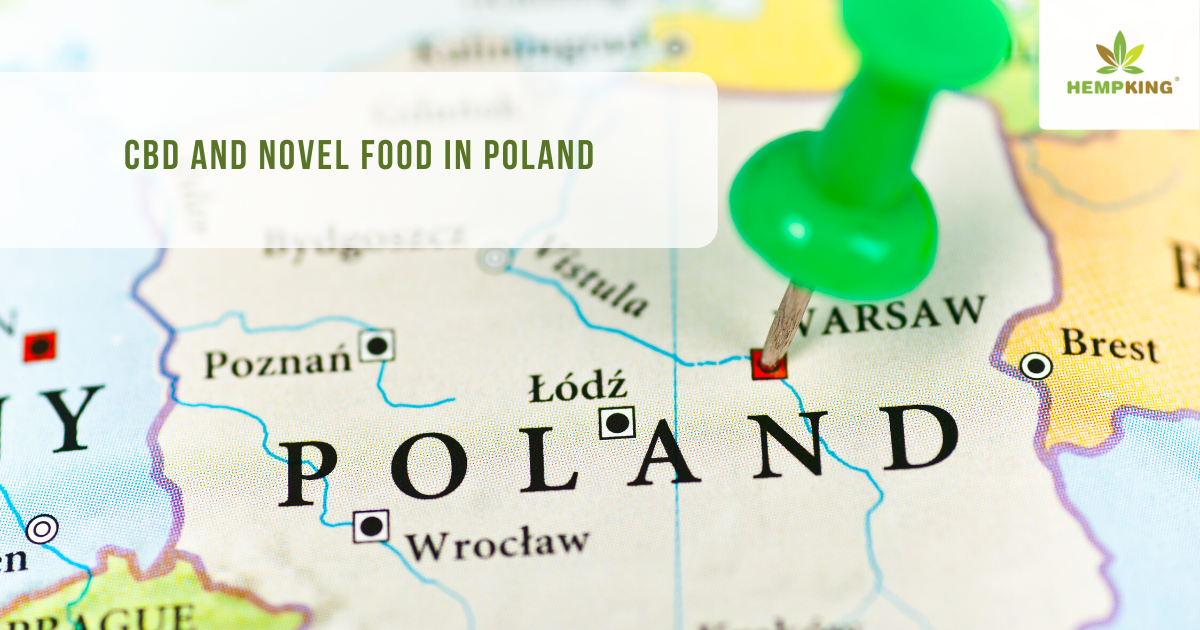
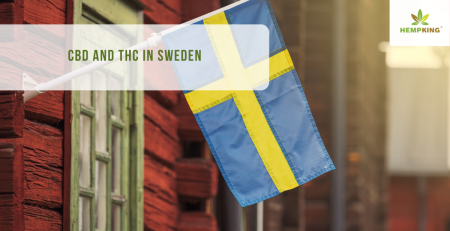



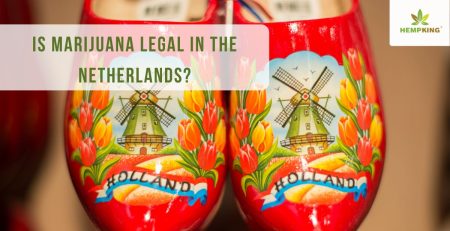
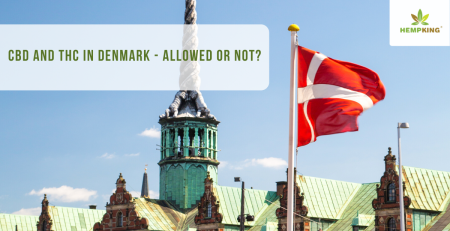
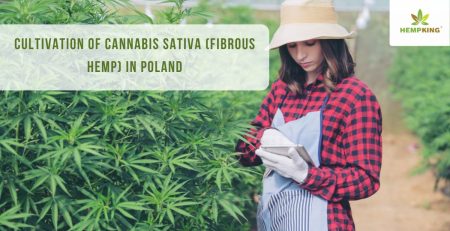
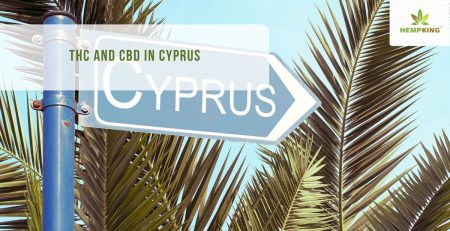

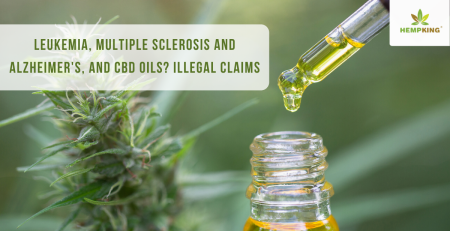
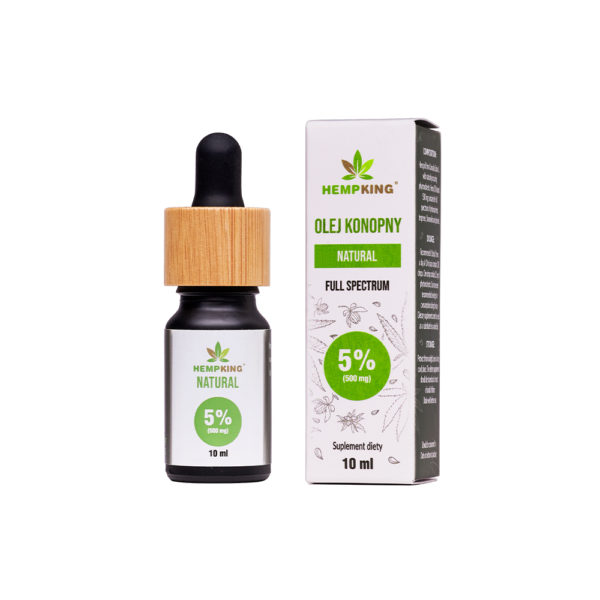
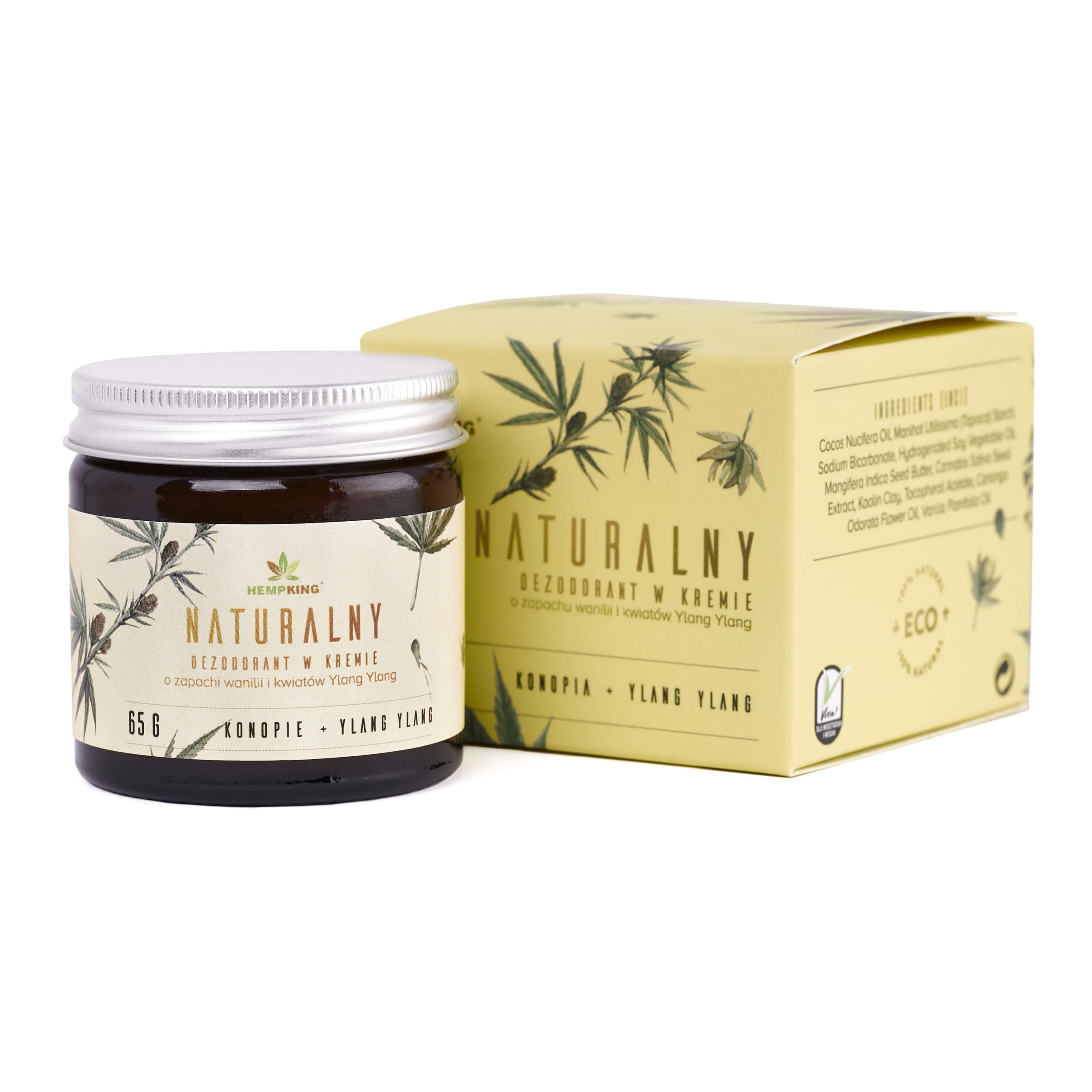
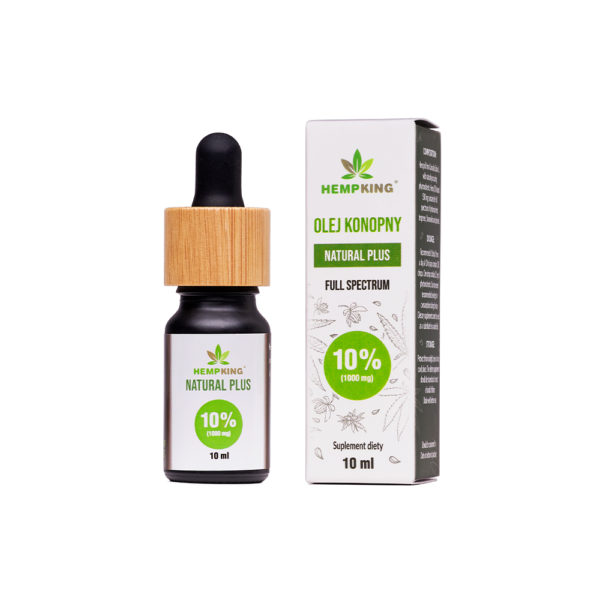
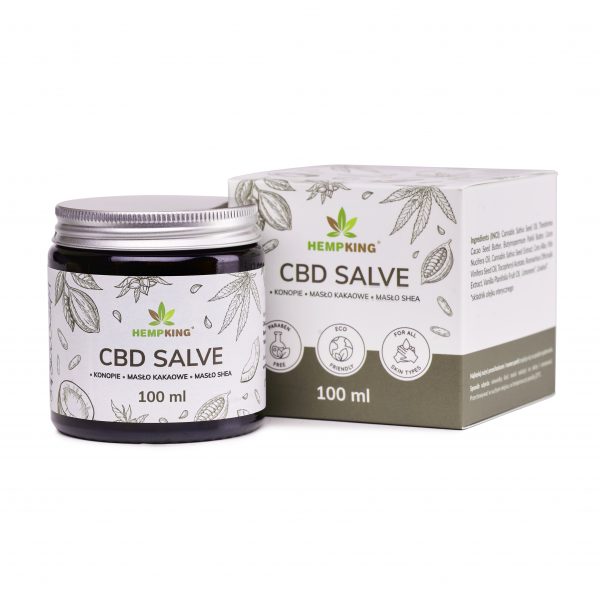
 Facebook
Facebook Instagram
Instagram

Leave a Reply